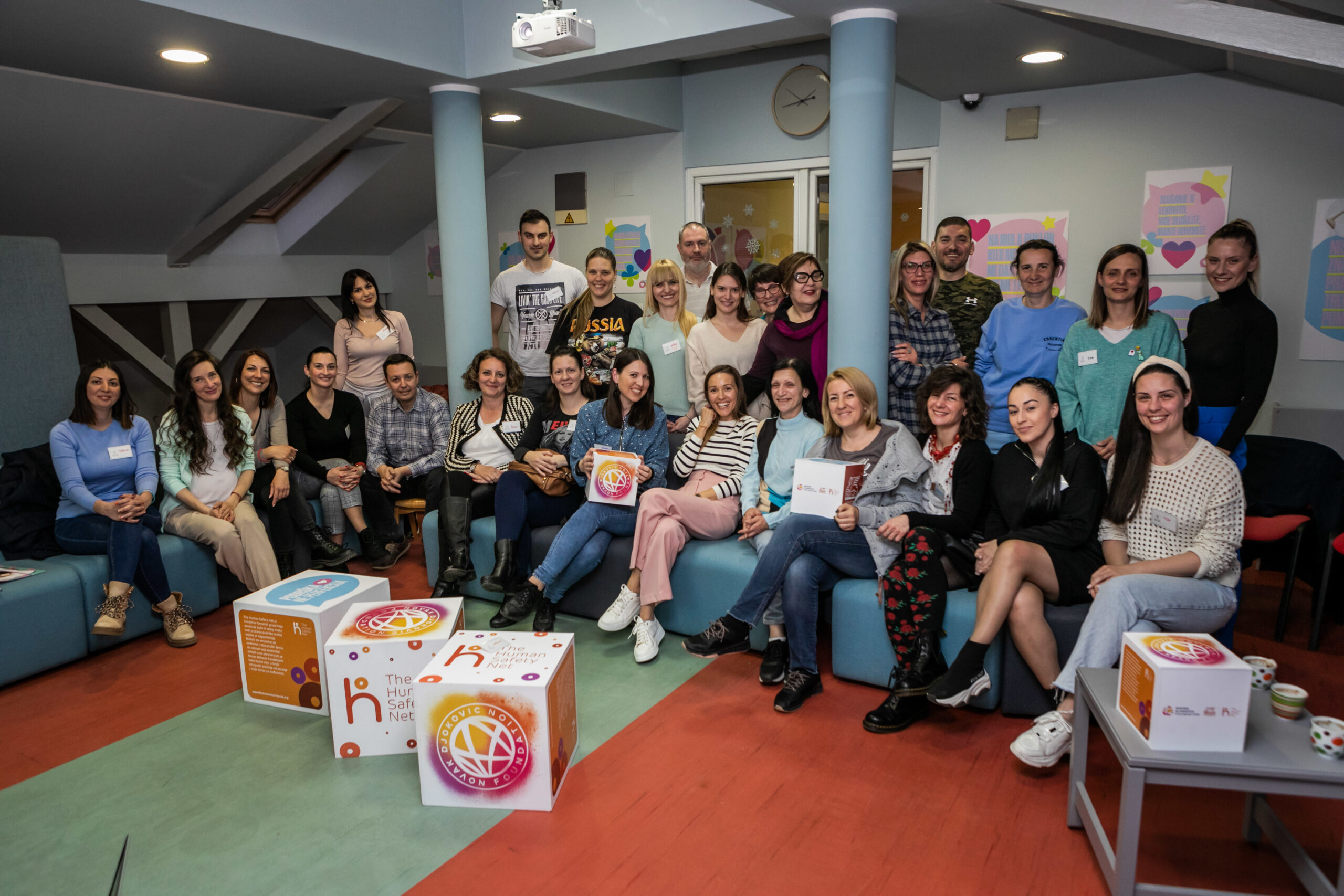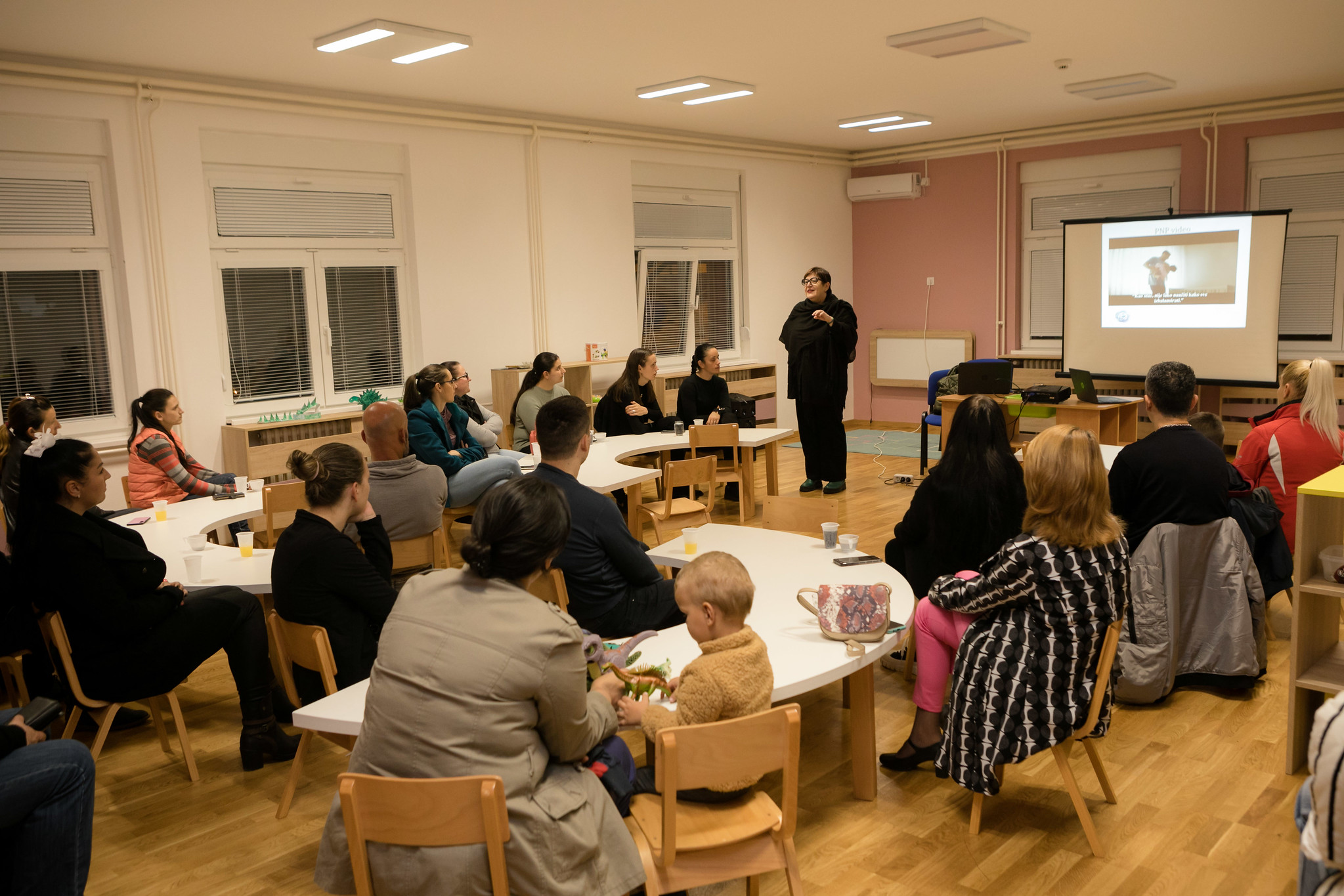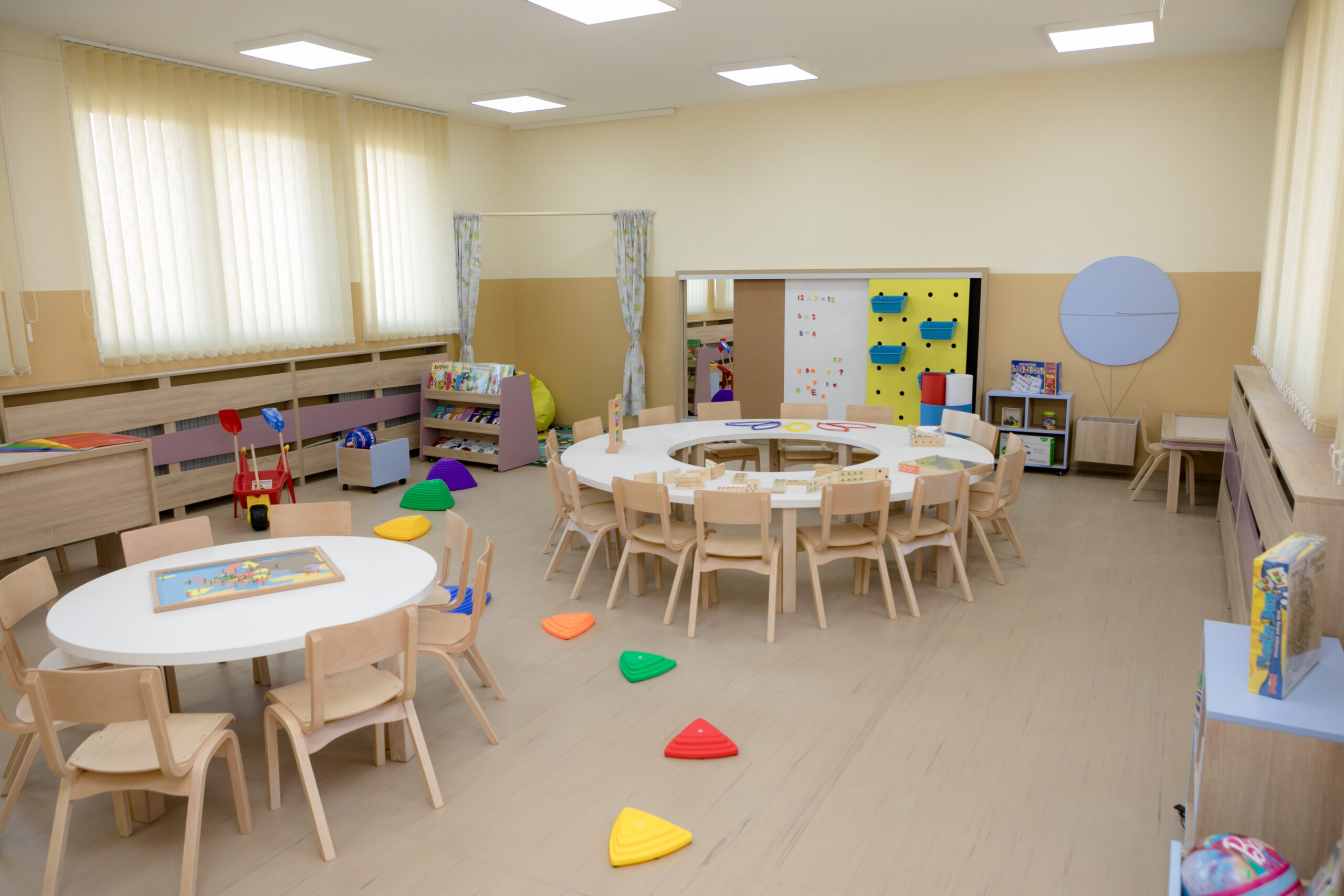Having a good working memory is essential for children to learn and succeed at school. Working memory allows us to process, store, and recall information quickly. It helps us remember things like instructions, stories we read, or math problems that need solving. Unfortunately, many children struggle with their working memory as they grow up. As parents, it’s important to understand how this affects our kids and what we can do to help them develop better working memories.
What Is Working Memory and Why Is It Important?
Working memory is a cognitive skill that enables children to remember and process information.
It helps them store and recall information in the moment, which is essential for everyday tasks like following instructions, problem solving, understanding new concepts, and more.
As children grow, they become better able to utilize their working memories to learn effectively and perform well in school.
Research shows that working memory is strongly linked to academic performance, particularly in math and reading.
Studies have also found that children with poor working memories are more likely to experience learning difficulties as they get older.
For this reason, it’s important for parents to recognize any signs of difficulty in their child’s development so they can take steps to support them.
How To Help Your Child Develop Their Working Memory?
One of the best ways to help your child develop their working memory is through regular practice.
This can take many forms, including games and activities that require them to remember instructions or rules, like Simon Says or Memory Match.
Other ideas include reciting nursery rhymes or poems, counting objects aloud, and writing stories with a beginning, middle, and end.
Encouraging healthy sleep habits is another way to help your child with their working memory.
Research shows that poor sleep can lead to decreased cognitive performance and reduces the ability of the brain to store new information for later recall. So, make sure your child is getting enough good quality rest each night and try not to let them stay up too late.
Another way parents can help their child develop their working memory is by encouraging online quizzes and activities that focus on cognitive tasks.
Online quizzes are a great way to challenge children to practice their mental skills, such as remembering information presented in different formats, understanding spatial relationships, and following directions.
These online games can be found online for free or at a very minimal cost.
You can also help your child boost their working memory by incorporating physical activities into their day.
Physical activities, such as playing hopscotch, jacks or jump rope can help children build their short-term memory and attention skills.
Physical activity has been shown to increase alertness, improve learning, and even lead to better academic performance.
Finally, parents can encourage their child’s working memory by establishing routines at home.
Establishing a bedtime routine or having them complete the same tasks each day can help children remember what is expected of them and build their organizational skills.
Setting aside time for your child to practice their working memory skills can help them strengthen this vital skill.
Signs That A Child May Have Poor Working Memory Skills
Parents may notice that their child has difficulty with tasks that require use of working memory skills. Here are some common signs of weak working memory skills:
- Difficulty following directions
- Trouble staying focused and on task for an extended period of time
- Struggling to complete multi-step assignments or projects due to forgetting earlier steps in the process
- Forgetting to bring home or bring to school items needed for class, such as books or homework assignments
- Difficulty with tasks that require multiple pieces of information to be remembered and used at once, like math problems
- Poor performance on tests despite studying
If you notice any of these signs, contact your child’s teacher or doctor. They may be able to refer you to a specialist who can assess your child for working memory issues and provide specific strategies for addressing them.
Some Possible Interventions May Include:
– Memory strategies such as mnemonics, chunking (breaking tasks down into smaller parts), and visualization techniques
– Time management skills to help with organizing and completing tasks
– Problem solving techniques that promote flexible thinking and creative solutions
– Social and emotional support to help with feelings of frustration and anxiety that can result from working memory issues
By providing extra assistance and guidance, parents can work together with their child’s teachers and other professionals to create a supportive learning environment where the child can excel.
How Can Technology Help?
Technology has come a long way in recent years, and it can be a great tool for helping children with working memory challenges.
There are many apps, software programs, and tools available that can help kids build their working memory skills. Some of these include:
Games And Puzzles
Brain-training games, logic puzzles, and other apps are widely available and can help kids hone their memory skills.
Practice Software
Software such as Cogmed and Jungle Memory can be used to help children practice remembering and recalling information in a fun, game-like environment.
Mind Mapping Tools
Tools such as Concept Mapping and Idea Mapping can help kids organize their thoughts, ideas, and memories in a visual way.
Calendars
Digital calendars such as Google Calendar are great for helping children remember important dates and tasks.
To-Do Lists
Apps like Todoist or Remember The Milk can help kids keep track of their daily tasks and activities.
Technology can be a great tool for helping children with working memory challenges. However, it’s important to remember that technology should never replace the vital role parents play in their child’s development and education.
Final Thoughts
There are several ways that parents can support their children’s working memory development, including providing them with enriching learning experiences, engaging in regular dialogues about the material they are learning, encouraging daily reading and problem-solving activities, and helping to develop their organizational skills.
Cultivating a healthy lifestyle with adequate sleep, good nutrition, and regular exercise will help your child’s brain to develop properly.
It is important to remember that every child learns differently, so it is important to consult with an educational specialist if you believe your child may be struggling with their working memory development.
Regardless of your own experiences or those of other parents, being patient and understanding when helping encourage working memory growth in your children will help them feel supported and motivated.
With the right resources and a bit of patience, you can help your child to grow and develop their working memory skills.
About the Author: Clara Carlson is a school teacher, a yoga enthusiast, and a writer. Born in San Francisco and lived most of her life in Los Angeles. When not writing, she can be found hiking, taking the Metro, questioning this decision, and haunting local bookstores.


















